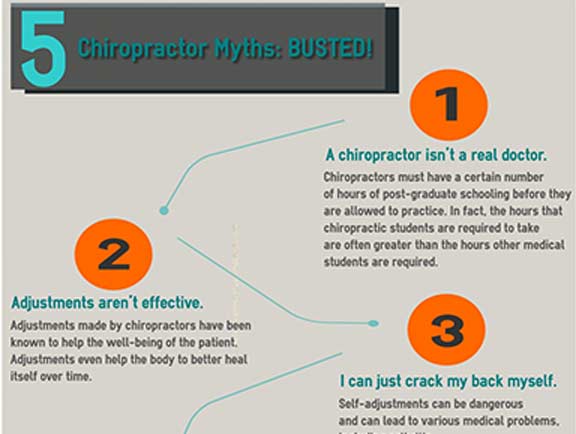The Impact Of Diet Regimen On Pain In The Back Administration: Foods To Incorporate And Foods To Exclude
The Impact Of Diet Regimen On Pain In The Back Administration: Foods To Incorporate And Foods To Exclude
Blog Article
https://www.chiroeco.com/aca/ By-Whitley Nicolajsen
When it concerns handling your neck and back pain, the food choices you make can significantly affect exactly how you feel every day. Picture being able to relieve your discomfort merely by readjusting what you eat. By recognizing the function of nutrition in neck and back pain monitoring and understanding which foods to incorporate or stay away from, you can take proactive steps towards a much healthier and a lot more comfortable lifestyle. The link in between nutrition and back health and wellness is much more extensive than you may understand-- let's check out how particular foods can either calm or intensify your neck and back pain.
Relevance of Nutrition in Pain In The Back
Nourishment plays a crucial role in managing back pain. Your diet regimen can substantially influence inflammation degrees and overall pain levels in your back. Eating a balanced diet regimen abundant in nutrients like vitamins D and K, calcium, magnesium, and omega-3 fatty acids can help in reducing swelling and enhance bones, which are essential for back health and wellness.
In addition, preserving a healthy weight through correct nutrition can alleviate stress on your spinal column, lowering the threat of pain in the back.
In addition, specific nutrients like antioxidants discovered in fruits and vegetables can assist combat oxidative stress and promote healing in the body, including the back muscle mass and spinal column.
On the other hand, eating extreme amounts of processed foods, sugary beverages, and harmful fats can add to swelling and weight gain, exacerbating neck and back pain.
Foods to Eat for Back Health And Wellness
To support a healthy back, incorporating nutrient-rich foods right into your everyday meals is crucial. Consisting of foods high in anti-oxidants like berries, spinach, and kale can help reduce swelling in your back, relieving discomfort and discomfort. Omega-3 fats discovered in fatty fish such as salmon and mackerel have anti-inflammatory homes that can profit your back wellness.
In addition, taking in nuts and seeds like almonds, walnuts, and chia seeds offers crucial nutrients like magnesium and vitamin E, which sustain muscular tissue feature and reduce oxidative anxiety. Incorporating lean healthy proteins such as poultry, turkey, and tofu can assist in muscular tissue repair and upkeep, advertising a solid back.
Do not fail to remember to consist of dairy products or strengthened plant-based alternatives for calcium to sustain bone health and wellness. Lastly, moisturize with plenty of water to maintain your back discs moisturized and operating optimally. By including these nutrient-dense foods in your diet regimen, you can nurture your back and assistance overall spinal wellness.
Foods to Avoid for Pain In The Back
Go with preventing refined foods high in added sugars and trans fats when looking for relief from pain in the back. These types of foods can contribute to inflammation in the body, which might exacerbate pain in the back. Say no to sugary snacks sweet, breads, and sweet drinks, as well as fast food products like burgers, french fries, and fried poultry that are frequently loaded with trans fats.
In addition, stay away from foods consisting of high degrees of refined carbohydrates, such as white bread, pasta, and breads, as they can surge blood glucose degrees and potentially worsen inflammation in the body.
chronic lower back pain 's likewise smart to restrict your consumption of foods high in hydrogenated fats, like red meat and full-fat dairy items, as they can contribute to swelling. Refined foods like deli meats, chips, and packaged snacks are commonly high in saturated fats and should be consumed in small amounts.
Conclusion
Finally, taking notice of your diet regimen and making wise food options can have a considerable impact on taking care of pain in the back. By incorporating nutrient-rich foods like berries, fatty fish, nuts, and lean proteins, and avoiding processed and sugary items, you can help reduce inflammation and support on the whole back health and wellness. Remember, what you consume plays an essential duty in exactly how you feel, so make sure to prioritize your nourishment for a healthier back.
